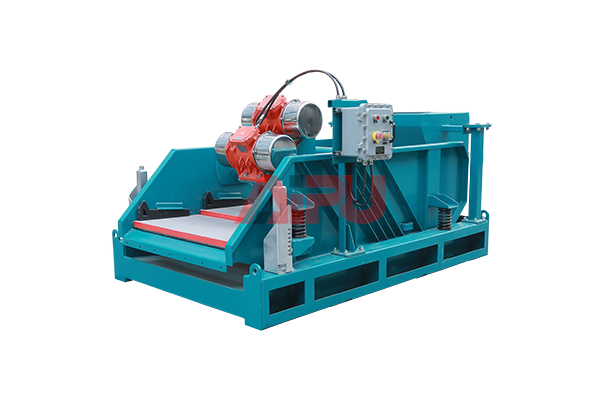Why is the Installation Location Important for Solids Control Equipment?
The efficiency and longevity of solids control equipment heavily depend on its installation location. Proper placement ensures optimal performance, reduces maintenance costs, and enhances safety. Choosing the wrong location can lead to operational inefficiencies, increased downtime, and even equipment failure.

One critical factor is accessibility. The equipment must be placed where operators can easily monitor and maintain it. Restricted access can delay routine checks and repairs, leading to minor issues escalating into major problems. Additionally, proper spacing around the equipment ensures adequate ventilation, preventing overheating and prolonging component life.
Environmental conditions also play a significant role. Exposure to extreme weather, dust, or corrosive elements can degrade equipment performance. Installing solids control systems in sheltered or climate-controlled areas minimizes wear and tear. Furthermore, proximity to other machinery should be considered to avoid interference or contamination from nearby processes.
Another key consideration is workflow integration. The installation location should facilitate smooth material flow, reducing unnecessary movement or bottlenecks. Proper placement minimizes energy consumption and maximizes processing efficiency. It also ensures that waste disposal systems are easily accessible, maintaining a clean and safe work environment.
Safety regulations often dictate specific installation requirements. Compliance with these standards prevents accidents and legal liabilities. For instance, placing equipment away from high-traffic areas reduces the risk of collisions or operator injuries. Proper grounding and electrical safety measures must also be considered during installation.
Vibration and noise control are additional factors. Solids control equipment can generate significant vibrations, which may affect nearby structures or sensitive instruments. Isolating the equipment or using vibration dampeners can mitigate these effects. Similarly, noise reduction measures may be necessary in populated work areas.
Future expansion plans should influence the installation decision. Leaving sufficient space around the equipment allows for potential upgrades or additional units. This forward-thinking approach saves time and resources when scaling operations.
If your project requires solids control equipment, choose Aipu Solids Control, it will be your best choice.
